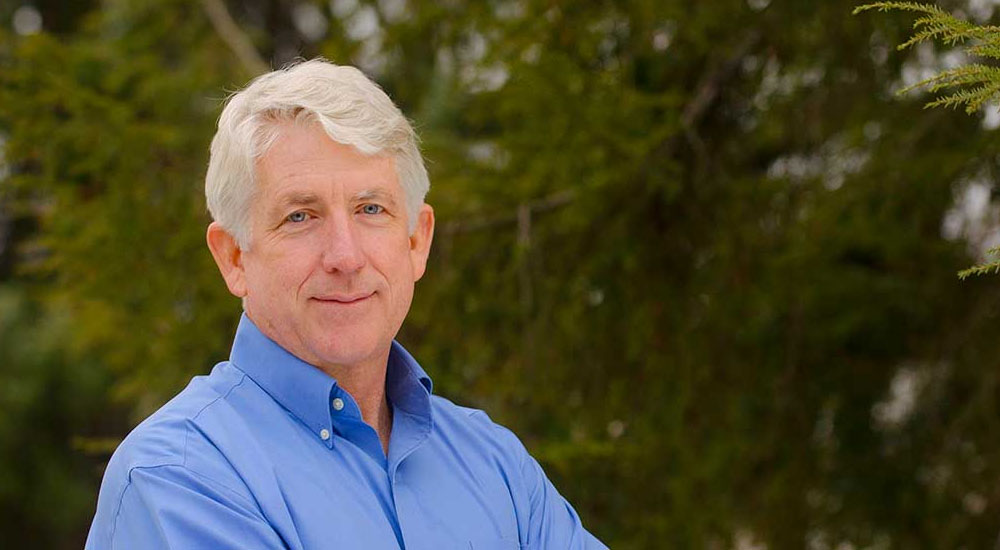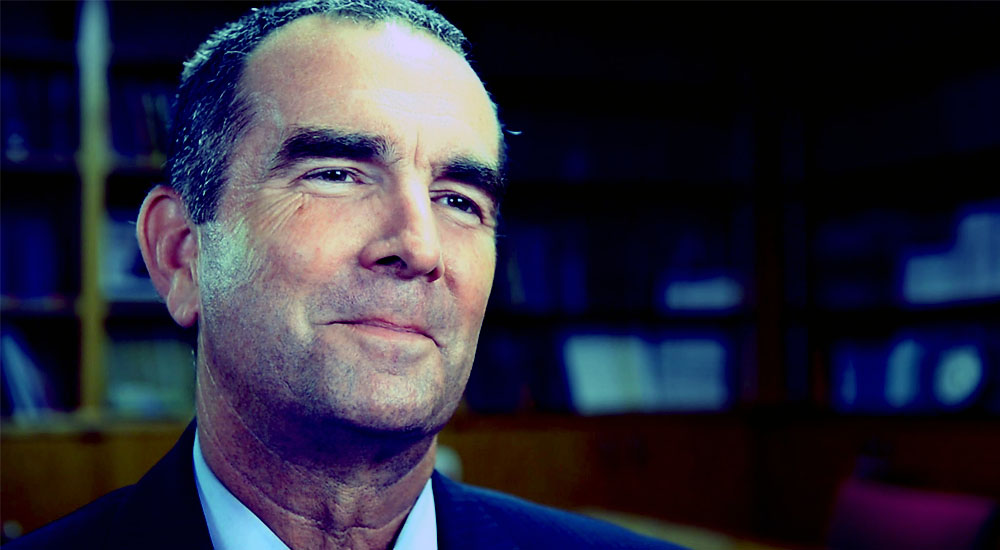In late 2018, Virginia Attorney General Mark Herring (D) was tacked with a lawsuit for his alleged efforts to bring aboard climate litigators funded by former New York City Mayor and billionaire Michael Bloomberg to prosecute in-state environmental offenses. These privately-funded lawyers dedicated to pursuing climate change litigation, however, have now been blocked by an amendment inserted into Virginia’s 2019 biennial budget.
Bloomberg’s program at the NYU School of Law’s State Energy and Environmental Impact Center began in 2017 with $6 million in funding aimed at ramping up climate change offense prosecutions across the U.S. At least 10 states, including Virginia, that were invited to participate in the program’s first phase have Democratic attorneys general, although the center has billed itself as non-partisan.
In under two years, the center has placed approximately 14 legal representatives throughout the predetermined 10 states, “despite concerns over the specter of privately funded climate litigators wielding state prosecutorial power,” a report states.
Privately-funded interest and advocacy groups have used their vast fiscal coffers to influence the police powers of the Commonwealth, with Attorney General Herring seemingly, allegedly, letting progressive interests influence decisions of the official enforcement procedures emanating from the Office of the Attorney General (OAG).
Critics have argued the program gives state prosecutorial power to climate activists paid to target the oil and gas industry, while it is billed simply as an “environmental initiative” to hold up muster with the public. The program’s application also requires states to explain how personnel would be involved with “the advancement and defense of progressive clean energy, climate and environmental matters.”
While these special assistants are overseen only by the state attorney general, they are required to submit just a quarterly report explaining how the have contributed to “clean energy, climate change, and environmental initiatives.”
A lawsuit filed in November in the Richmond Circuit Court by senior fellow Chris Horner of the Competitive Enterprise Institute (CEI) argues that Herring “refused” to provide documents to support its application for a special assistant to work for Virginia’s government as a “clean energy special assistant attorney general.”
“Given the apparent prohibitions in the Virginia Code against this arrangement, not to mention due process concerns, it is inconceivable the Commonwealth’s top legal office claimed authority to do this without considering whether it’s legal,” Horner said.
The CEI representative sought confirmation of the records related to a 2017 request, and, if no records are found, “how the OAG could claim to have ‘no records’ responsive to these requests.” Nevertheless, the OAG told Horner that it had no such records in response to his earlier open-records request.
“This donor-funded scheme of law enforcement for hire, using public office to expend resources not appropriated or approved by the AGs’ legislatures, raises conflict, statutory and significant constitutional issues as well as ethics concerns,” Horner said. “These serious concerns should be the subject of prompt and serious legislative oversight,” he claims, adding the situation is an “unprecedented, highly conflicted arrangement.”
On January 29, the Richmond Circuit Court ruled against the attorney general’s effort to dismiss the case brought by Horner, The Washington Times reported.
Apart from the lawsuit, the Republican-controlled General Assembly placed an amendment in this year’s budget bill requiring personnel working for the attorney general to be state or federal government employees, with certain exceptions, and paid solely with public funds. With that, Virginia now becomes the first state in the country to address the issue of embedding privately-funded attorneys in state prosecutor offices.
The $117 billion budget bill, H.B. 1700, clarifies that “all legal services of the Office of Attorney General shall be performed exclusively by an employee of the Office, an employee of another Virginia governmental entity as may be provided by law, or an employee of a federal government entity pursuant to an agreement…The sole source of compensation paid to employees of the OAG for performing legal services on behalf of the Commonwealth shall be from appropriations provided under this act.”
Cases wherein outside legal help is needed, the contracted lawyers cannot perform any legal services on the premises of the OAG, and the legal authorization and amount of remuneration must be stated in writing, and be publicly accessible through a Freedom of Information Act (FOIA) request.
Unequivocally put by an editorial by The Free Lance Star:
“Billionaires who want to influence public policy have many options in which to do so at their own expense. They can make campaign or charitable donations; set up a foundation; buy advertising; or fund a special interest group. But one thing they should never be allowed to do is hide behind public institutions by paying them for insider access.”






